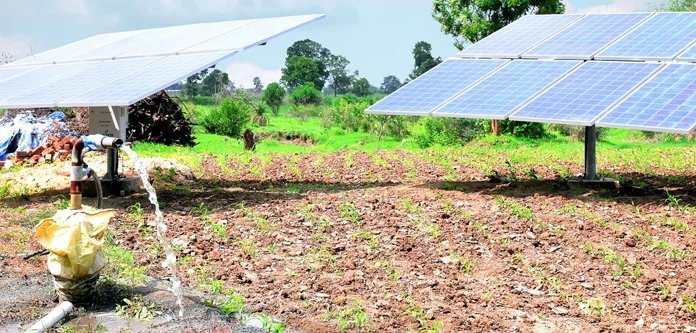South Africa’s energy landscape is undergoing a seismic shift. For decades, the country has relied on fossil fuels—especially coal—to power its economy. But the costs have become clear: climate change, rising sea levels, extreme weather, and environmental degradation.
Yet, in the face of crisis lies opportunity. South Africa renewable energy is no longer just an environmental imperative—it’s a powerful business transformation. The nation is stepping into a cleaner, more sustainable energy future—and businesses are at the centre of this evolution.
From Load-shedding to Leadership
The ongoing load-shedding crisis, heightened by political tensions ahead of the 2024 elections, has become a surprising catalyst for change.
Historically, electricity generation in South Africa was a state-controlled domain. Today, private players can generate power at scale. This shift has triggered a rapid rise in solar PV, wind, and other clean technologies—fueling an open and competitive energy market.
According to Kyle Durham, Sustainability Head at FNB Commercial, this disruption has opened the door to new investment opportunities, especially for forward-thinking businesses looking to future-proof their operations.
South Africa Renewable Energy Market Set for Massive Growth
The data confirms it: South Africa renewable energy is one of the most promising sectors of the decade. The 2019 Integrated Resource Plan (IRP) projects major market value gains by 2030 and beyond:
-
Solar PV: R99 billion
-
Wind Energy: R271 billion
-
Small-Scale Embedded Generation:
-
R48 billion by 2030
-
R75 billion (7.5GW capacity) by 2035
-
In addition, the World Bank estimates that electricity demand in the agricultural sector across sub-Saharan Africa will double by 2030, requiring 6GW of additional capacity. It also projects a potential 10,297MW energy yield from biogas produced using organic waste.
These numbers show that sustainability and profitability can go hand in hand. There are significant opportunities in manufacturing, agriculture, construction, water treatment, and even the pumps industry—especially as more operations seek energy independence.
Tackling Access and Affordability Barriers
Despite its promise, the shift to clean energy doesn’t come without challenges. High upfront costs for technology, installation, and training create barriers—particularly for small and medium-sized enterprises (SMEs).
Although long-term savings are clear, many businesses cannot afford the initial investment required to install renewable infrastructure like solar systems or energy storage solutions.
That’s where financial partners like FNB step in. According to their Sustainable Energy White Paper, FNB not only provides capital investment but also strategic guidance for businesses transitioning to sustainable power models.
Read FNB’s Sustainable Energy White Paper
Businesses Are Driving the Energy Transition
South African companies are uniquely positioned to lead the charge. From industrial plants reducing grid dependency to rural farms deploying off-grid solar, the private sector is already setting the pace.
There are three clear ways businesses can play a role:
-
Energy Optimisation – Using less energy through efficiency upgrades.
-
Energy Independence – Investing in solar and other renewable systems to reduce reliance on Eskom.
-
Energy Innovation – Supporting new technologies that contribute to a greener, more stable grid.
Every step taken by a business toward cleaner energy helps build a more resilient and competitive economy.
Partnership Is Key to a Greener South Africa
Transitioning to a green economy is more than an environmental fix—it’s an economic opportunity that can spark job creation, innovation, and industrial development.
To unlock this potential, collaboration is essential. Government, financial institutions, businesses, and civil society must work together to scale renewable energy access. This includes:
-
Knowledge sharing
-
Investment incentives
-
Training and upskilling programs
-
Policy reforms to encourage innovation
South Africa has the talent, the resources, and the momentum. With continued effort, it can become a continental leader in renewable energy—driving growth while protecting the planet.
Final Thoughts: Invest in the Future
South Africa’s energy story is no longer just about crisis—it’s about catalysing innovation. The renewable energy boom presents a rare chance to shift toward a cleaner, more profitable, and more secure energy future.
At Pumps Africa, we believe the transition to renewables aligns perfectly with industry needs for reliable power, operational efficiency, and long-term sustainability.

